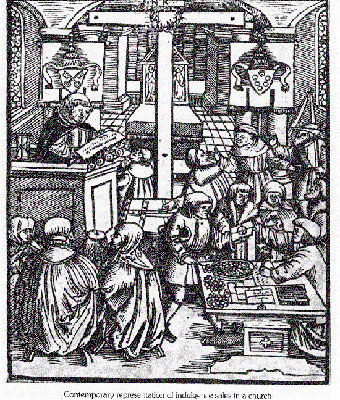Well, well. A solemn piece in the New York Times reveals all:
The XXX industry has gotten too graphic, even for its own tastes.
Pornography has long helped drive the adoption of new technology, from the printing press to the videocassette. Now pornographic movie studios are staying ahead of the curve by releasing high-definition DVDs.
They have discovered that the technology is sometimes not so sexy. The high-definition format is accentuating imperfections in the actors — from a little extra cellulite on a leg to wrinkles around the eyes.
Hollywood is dealing with similar problems, but they are more pronounced for pornographers, who rely on close-ups and who, because of their quick adoption of the new format, are facing the issue more immediately than mainstream entertainment companies.
Producers are taking steps to hide the imperfections. Some shots are lit differently, while some actors simply are not shot at certain angles, or are getting cosmetic surgery, or seeking expert grooming.
“The biggest problem is razor burn,” said Stormy Daniels, an actress, writer and director.
Ms. Daniels is also a skeptic. “I’m not 100 percent sure why anyone would want to see their porn in HD,” she said.
The technology’s advocates counter that high definition, by making things clearer and crisper, lets viewers feel as close to the action as possible.
“It puts you in the room,” said the director known as Robby D., whose films include “Sexual Freak.”
Eh? Razor burn???

